August 15, 2010

Emperor Hirohito of Japan gave an
unprecedented radio address at noon 65 years ago today, on August 15, 1945, to announce that Japan would surrender unconditionally to the United States and the allied powers.
The Victory over Japan Day, or VJ Day, officially ended World War II on September 2 1945 when Japan signed the documents of surrender aboard the USS Missouri, and ushered in an era of incredible prosperity for Americans, even though more wars, in Korea, Vietnam, Iraq and now Afghanistan, would prevent peace in the decades to come.
The end of WWII is justly celebrated as the close to a violent, though heroic, chapter in our history. But our perspective often blocks empathy for the perspective of the vanquished, as with our ignorance of August 6 and 9, 1945, the
anniversary of the atomic bombs dropped on Hiroshima and Nagasaki that led to the August 15 announcement by Emperor Hirohito urging Japanese to "bear the unbearable" and accept the country's surrender.
Except for the elderly veterans and American civilians who served in the Occupation Forces under General Douglas MacArthur, there isn't much awareness of what Japan was like in the months and years after the war. The Occupation lasted until 1952, thr brink of the Koraen war.
But, I would guess that many Americans don't have any awareness of Japan until the 1964 Olympics, which were held in Tokyo, and which heralded the arrival of Japan as a world power that, by the 1980s, rivaled the U.S. economy.
That's why I'm so fascinated by the postwar era in Japan -- it's a hazy, forgotten time. I was born during that era, in Tokyo in 1957, and lived in two worlds -- attending school on U.S. military bases and living in Japanese civilian neighborhoods until the mid-1960s, when my family moved Stateside.
For Japanese, the end of the war is remembered vividly for the atomic bombings and the utter poverty the country was left in by its military leadership. Even before the atomic bombs, its majors cities had been firebombed for months by U.S. bombers. In one night of bombings in Tokyo, almost as many people were killed as by the atomic bomb on Hiroshima, and great swaths of Tokyo had been leveled.
It's hard to imagine the scale of death and destruction that modern warfare can inflict on a country and its people. That's why, in spite of a stubborn nationalistic streak that leads to some Japanese still thinking like the country did in the 1930s and '40s, and claiming atrocities such as the Nanjing Massacre (where hundreds of thousands of civilians were reportedly murdered by invading Japanese troops) never happened, most Japanese are strongly anti-war and against nuclear weapons. They don't want the world to forget.
But there's a forgotten history, even for the Japanese.
 Erin and I took a summer hiatus, but visualizAsian.com is back, and proud to kick off a new season of interviews with a conversation with Iranian-Japanese American journalist Roxana Saberi, whose recent book, "Between Two Worlds," chronicles the harrowing experience of being imprisoned, charged with espionage and sentenced to eight years in a notorious Iranian prison before being released after five months in May 2009.
Erin and I took a summer hiatus, but visualizAsian.com is back, and proud to kick off a new season of interviews with a conversation with Iranian-Japanese American journalist Roxana Saberi, whose recent book, "Between Two Worlds," chronicles the harrowing experience of being imprisoned, charged with espionage and sentenced to eight years in a notorious Iranian prison before being released after five months in May 2009.




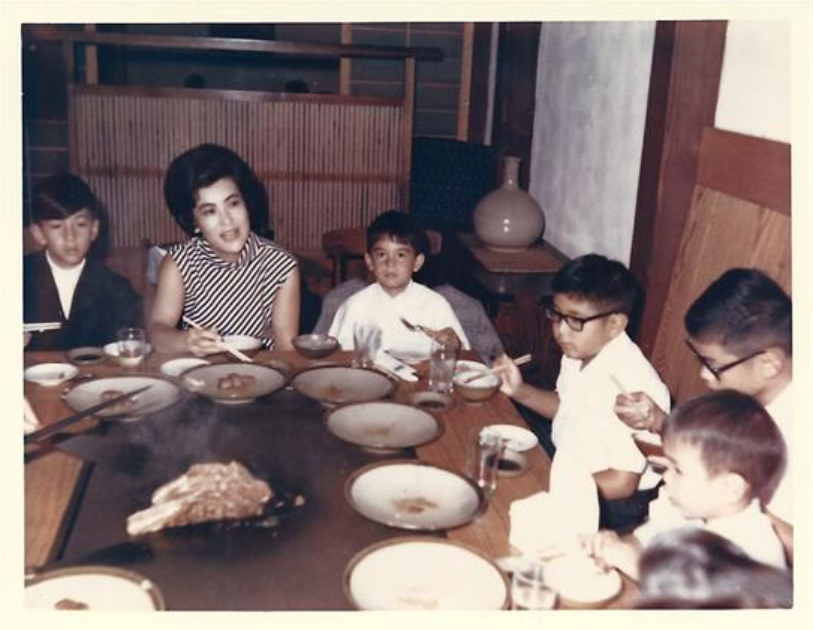
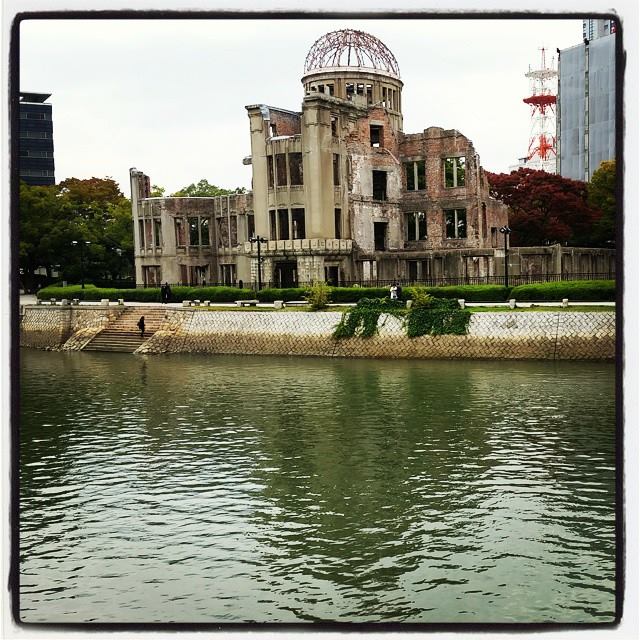
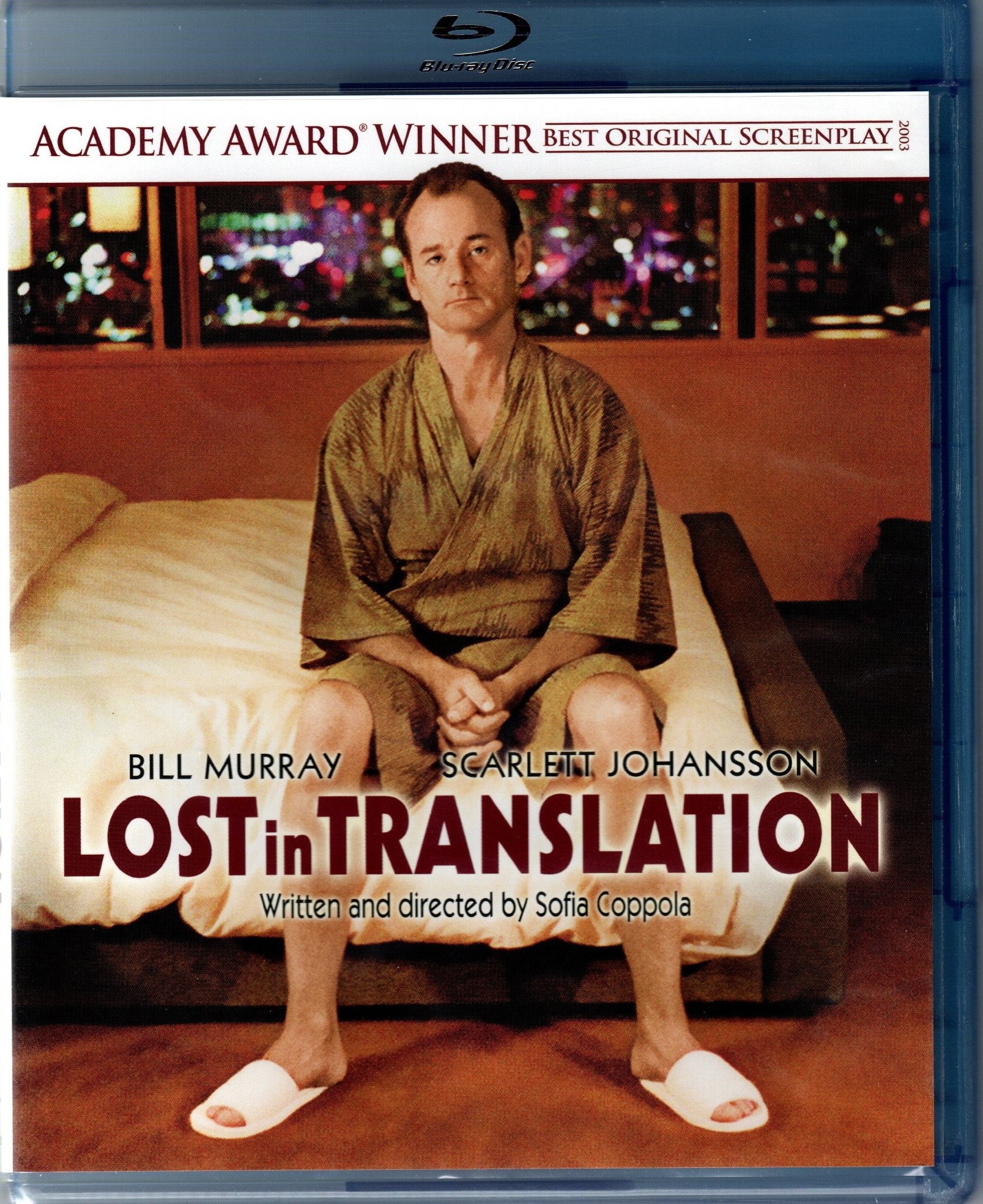
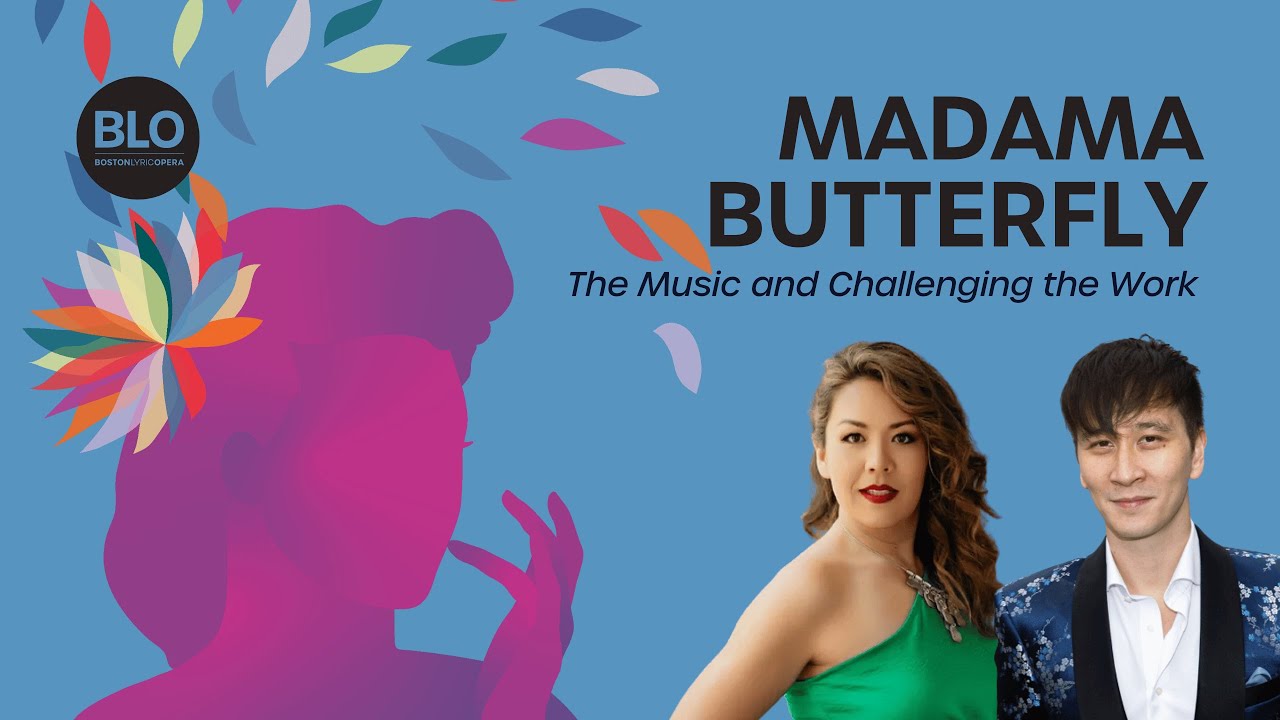
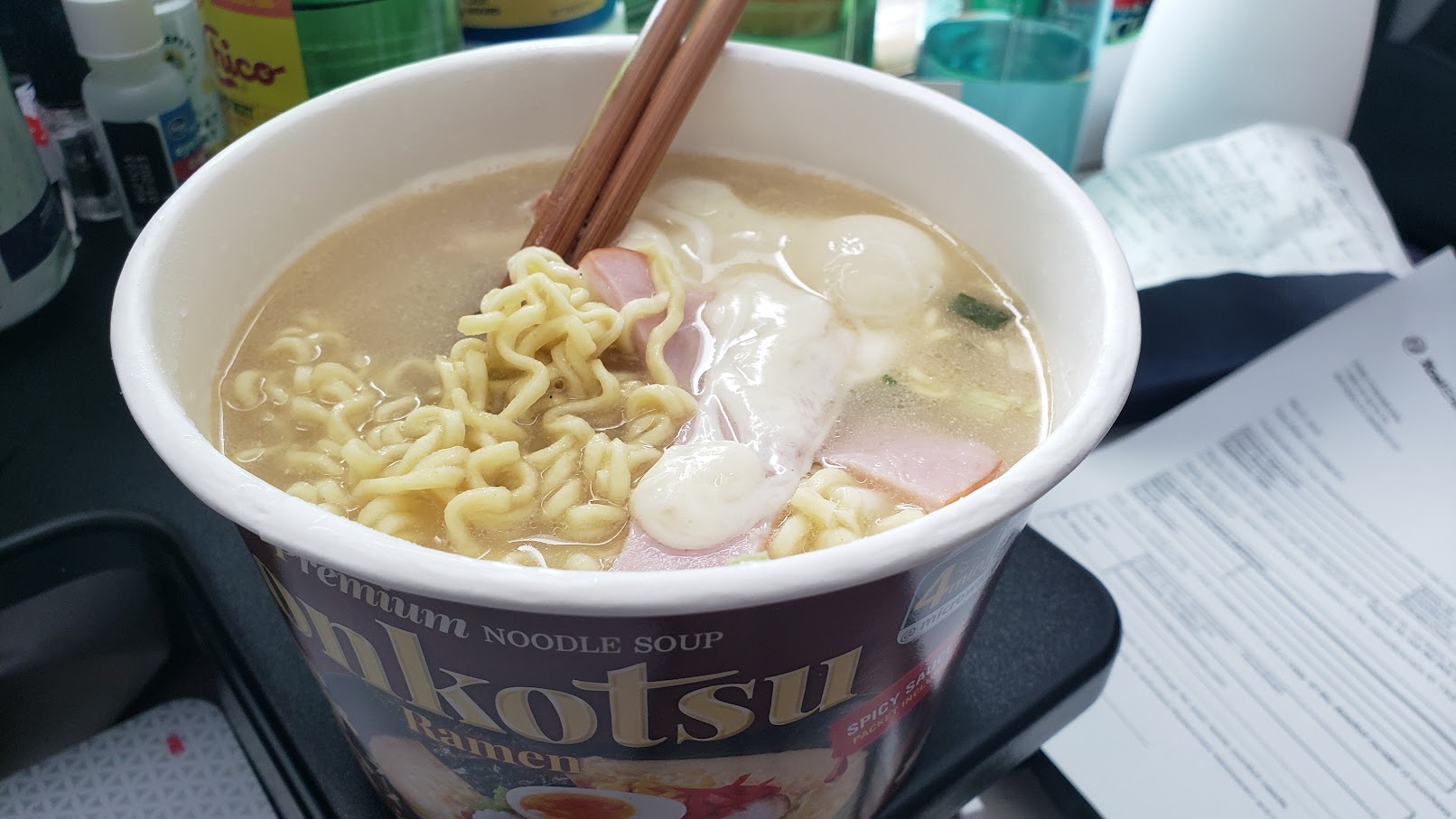
 Emperor Hirohito of Japan gave an
Emperor Hirohito of Japan gave an  Mention August 6 to most Americans, young or old, and my guess is you'll get a blank stare. "What about August 6?" Mention Hiroshima and you might get a second blank stare. Most Americans can't name the date that the first atomic bomb was dropped, Aug. 6 1945 on the city of Hiroshima. Three days later, a second atomic bomb was dropped, on the southern port city of Nagasaki. Today is the 65th anniversary of that bombing, August 9.
Tens of thousands of civilians were killed instantly in both bombings, some leaving just shadows like stationary, permanent ghosts on walls next to where they had been standing. But because of the raging fires caused in the blasts' aftermath, and the deadly radiation poisoning from the black rain fallout that followed, up to 166,000 people in Hiroshima, and 80,000 in Nagasaki were killed within a few months. People who survived the blast suffered injuries, burns and deformities; some are still dying today from cancers that lay dormant for decades.
In Japan, the atomic bombings are national tragedies that are commemorated to this day, much like we probably will commemorate 9/11, fifty years from now.
But here in the United States, Hiroshima and Nagasaki have over the years become historical factoids, questions on tests, for most people. Sure, there are recent Japanese immigrants and U.S. anti-war activists who remember and mark the anniversaries, but for most Americans -- even, I'm afraid, most Japanese Americans -- there isn't much thought given to the devastation suffered by either of those cities so long ago and far away.
Mention August 6 to most Americans, young or old, and my guess is you'll get a blank stare. "What about August 6?" Mention Hiroshima and you might get a second blank stare. Most Americans can't name the date that the first atomic bomb was dropped, Aug. 6 1945 on the city of Hiroshima. Three days later, a second atomic bomb was dropped, on the southern port city of Nagasaki. Today is the 65th anniversary of that bombing, August 9.
Tens of thousands of civilians were killed instantly in both bombings, some leaving just shadows like stationary, permanent ghosts on walls next to where they had been standing. But because of the raging fires caused in the blasts' aftermath, and the deadly radiation poisoning from the black rain fallout that followed, up to 166,000 people in Hiroshima, and 80,000 in Nagasaki were killed within a few months. People who survived the blast suffered injuries, burns and deformities; some are still dying today from cancers that lay dormant for decades.
In Japan, the atomic bombings are national tragedies that are commemorated to this day, much like we probably will commemorate 9/11, fifty years from now.
But here in the United States, Hiroshima and Nagasaki have over the years become historical factoids, questions on tests, for most people. Sure, there are recent Japanese immigrants and U.S. anti-war activists who remember and mark the anniversaries, but for most Americans -- even, I'm afraid, most Japanese Americans -- there isn't much thought given to the devastation suffered by either of those cities so long ago and far away.
 With Asian American Pacific Islander Heritage Month about to end, I thought I'd write a bit about the terms we choose to describe our identity. Like other ethnic groups, the labels we use for ourselves seems to be always evolving. Hispanic evolves into Latino; Negro to Black to African American; Native American to American Indian. Asian Americans are sometimes called Asian Pacific Americans, sometimes Asian Pacific islander American, and sometimes Asian American Pacific islander. These labels lead to a crazy bowl of alphabet soup acronyms: AA, APA, APIA, AAPI.
I choose to say (and write) "Asian American" most of the time, but say "Asian American Pacific Islander" and use the acronym AAPI for formal references. Although organizations such as APIA Vote and APAs for Progress helped get Asian Americans involved in the political process, President Obama and the White House prefers AAPI, as in "
With Asian American Pacific Islander Heritage Month about to end, I thought I'd write a bit about the terms we choose to describe our identity. Like other ethnic groups, the labels we use for ourselves seems to be always evolving. Hispanic evolves into Latino; Negro to Black to African American; Native American to American Indian. Asian Americans are sometimes called Asian Pacific Americans, sometimes Asian Pacific islander American, and sometimes Asian American Pacific islander. These labels lead to a crazy bowl of alphabet soup acronyms: AA, APA, APIA, AAPI.
I choose to say (and write) "Asian American" most of the time, but say "Asian American Pacific Islander" and use the acronym AAPI for formal references. Although organizations such as APIA Vote and APAs for Progress helped get Asian Americans involved in the political process, President Obama and the White House prefers AAPI, as in " Wow. As if buying crappy-tasting, unauthentic "sushi" at your local supermarket or Costco wasn't enough, they've found a way to completely commodify sushi -- sushi rolls, at least -- as a mass-produced pre-packaged snack food.
Wow. As if buying crappy-tasting, unauthentic "sushi" at your local supermarket or Costco wasn't enough, they've found a way to completely commodify sushi -- sushi rolls, at least -- as a mass-produced pre-packaged snack food.  I hate to say it, but that "Model Minority" stereotype is based on reality sometimes. Some young Asian Americans are just darned smart, hard-working good students. Take Sunmee Huh, a 16-year-old Maryland teenager, for instance. Last year, she noticed her grandfather struggling to use a search engine, and had she an idea. She decided to build her own search engine, designed for older, tired eyes, so her grandfather could search the Web for information easily, without straining to read the text or messing with his browser to make the type larger.
She started with the most popular search engine,
I hate to say it, but that "Model Minority" stereotype is based on reality sometimes. Some young Asian Americans are just darned smart, hard-working good students. Take Sunmee Huh, a 16-year-old Maryland teenager, for instance. Last year, she noticed her grandfather struggling to use a search engine, and had she an idea. She decided to build her own search engine, designed for older, tired eyes, so her grandfather could search the Web for information easily, without straining to read the text or messing with his browser to make the type larger.
She started with the most popular search engine,  In the process she made it super easy to change font size as well as background color (the black background, she explains in
In the process she made it super easy to change font size as well as background color (the black background, she explains in 